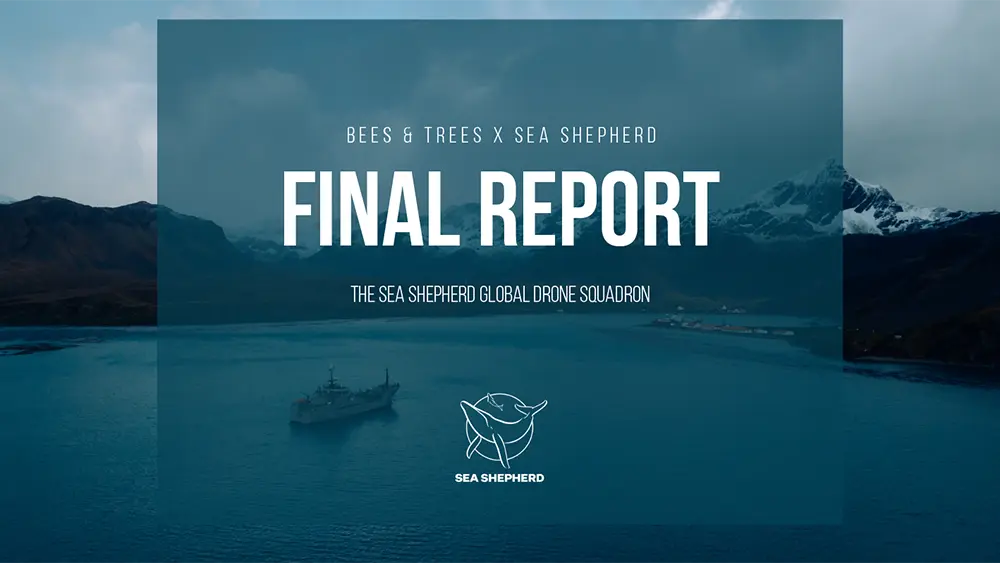Turning point in environmental law
New EU environmental law equates destruction of nature with war crimes
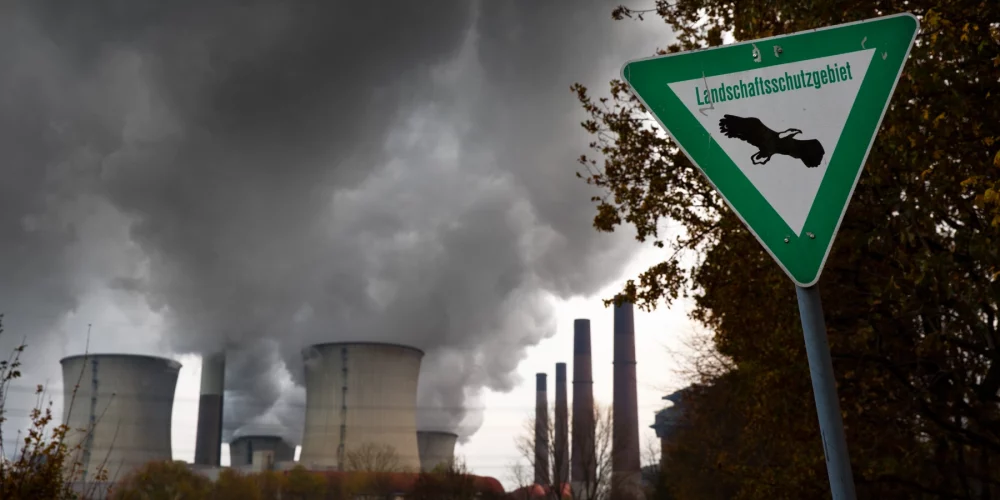
Environmental crimes are a lucrative business for the perpetrators. While the perpetrators generate revenues totalling 200 billion euros per year, they leave behind devastating consequences for human health and nature. If one of the offences is discovered, the fines are usually so low that they are often recorded as a business expense in the balance sheet. Deliberately factored in as negligible costs. On March 26, 2024, the EU passed a new law aimed at putting a stop to this behaviour. Perhaps this will finally prove to be a turning point in European environmental law.
The new directive states that the destruction of nature is ‘comparable to ecocide’ and is therefore recognised as a particularly serious crime. Does this mean that in future the destruction of nature will be on a par with genocide or war crimes, for example? This is what the term means and correspondingly severe penalties are envisaged. Consequently, German environmental criminal law would have to be significantly improved. But Germany, of all countries, was the only one (!) to abstain from voting in favour of the new law. In the context of recent blockades such as the Supply Chain Act or the ban on combustion engines, this leaves a bad taste in the mouth. In an online event, Frederik Hafen from the European Environmental Bureau (EEB) even spoke of a breach of trust at international level.1
Clearer rules, tougher penalties
In fact, the new EU directive addresses key problems with the existing law from 2008. Clearer rules on environmental protection have been established, which are primarily aimed at administrative improvements. In future, it should be easier to recognise an environmental offence as such. Even though the new law lacks a clear definition of the term ‘environmental offence’, an extended list was approved that includes many criminal offences.
Criminal prosecution is also to be significantly improved. To this end, the EU envisages specialisation measures to further promote the complex enforcement of environmental law. In addition, penalties are to be tightened: Fines and compensation payments could be significantly higher in future. There is also the threat of prison sentences of up to 10 years. Decision-makers and those responsible are to be identified and prosecuted more easily. Concealment tactics, which have so far made it difficult to clear up cases and hindered legal proceedings, will be a thing of the past.
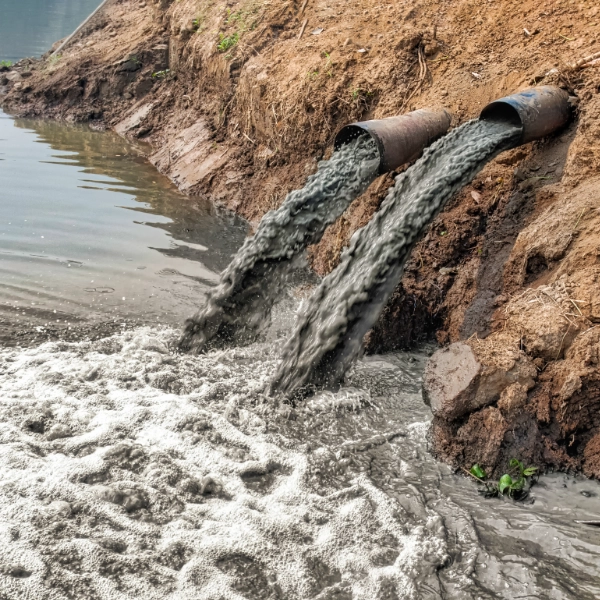
EU requirements and national implementation
For the EU member states – including Germany – this initially means that they have two years to transpose the new law into their national legislation. All states are then obliged to present a strategy for combating environmental crime. In concrete terms, this means that roles and responsibilities must be allocated. To this end, states must ensure that they have sufficient qualified personnel and sufficient financial, technical and technological resources at their disposal. This remains to be seen.
The underlying strategy must be reviewed and updated every five years. In order to be able to evaluate the implementation of the strategies and the status of the fight against environmental crime, a data collection system is to be introduced which also provides anonymised data on criminal offences. This data is then to be published every three years and sent to the European Commission.
Questions remain unanswered
Even if the content of the new law is a great success, it is the actual national implementation that makes it an effective instrument. So far, a number of questions remain unanswered. For example, it remains unclear whether politicians can also be charged as decision-makers in the future. It is also questionable whether only individual acts will be punishable or whether cumulative processes – i.e. linked processes that do not consist of just one specific offence but contribute to environmental damage as a whole – can also be charged.
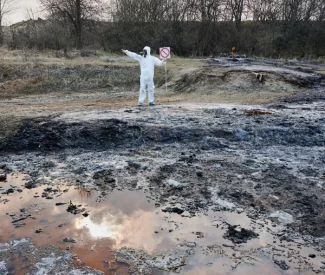
Should new offences also be classified as punishable, the legislative process at EU level would probably have to be reopened. It therefore remains to be seen how the member states will implement the law. A particular challenge for Germany is that criminal prosecution is a matter for the federal states. The federal government can only take coordinating action.
Hope for sustainable change
Due to the ongoing destruction of nature, the associated loss of species and the worsening climate crisis, the legal strengthening of environmental protection is long overdue. Although there are still question marks over some legal aspects, the political potential is immense. Stricter penalties and a theoretically faster investigation of those responsible mean that perpetrators can no longer get off the hook so easily. This can have a preventive and deterrent effect and prevent environmental destruction before it occurs. The principle of universal jurisdiction also provides a lever for holding states accountable that are not subject to the Rome Statute. These include, for example, the USA, Russia, India and China. This shows that the importance of environmental protection and nature conservation is being taken increasingly seriously at EU level. And now it is up to the government. It is to be hoped that it will seize the opportunity to steer political and economic interests globally in a sustainable direction.
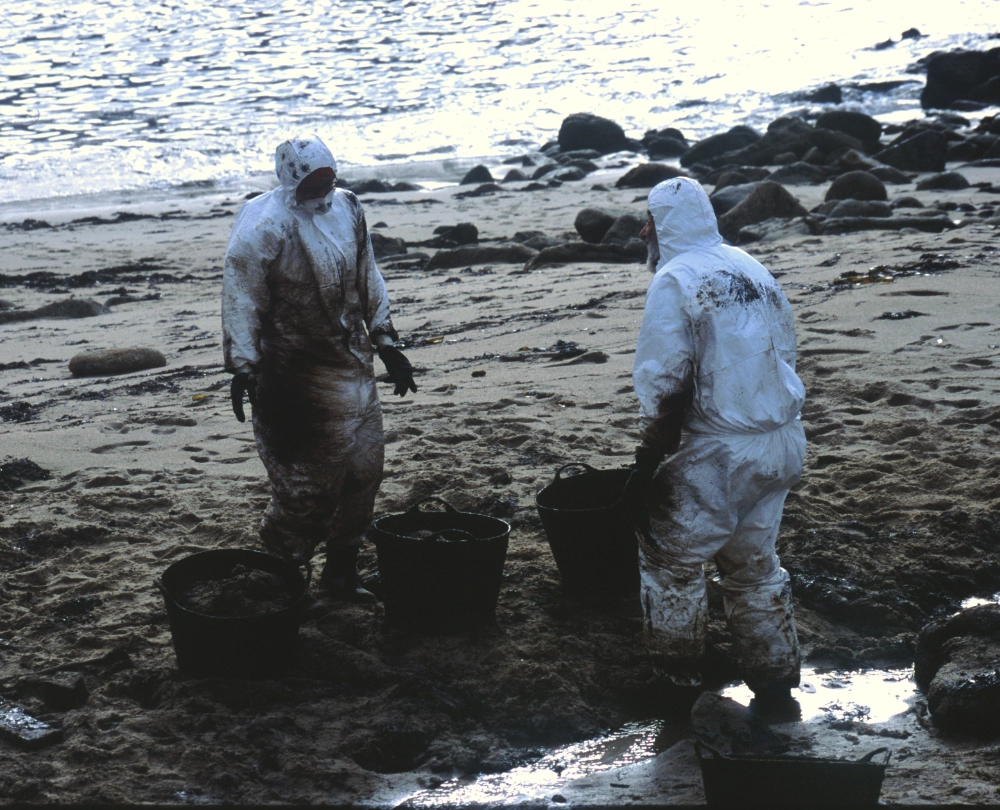
Cleaning up polluted areas of land is a difficult endeavour.


